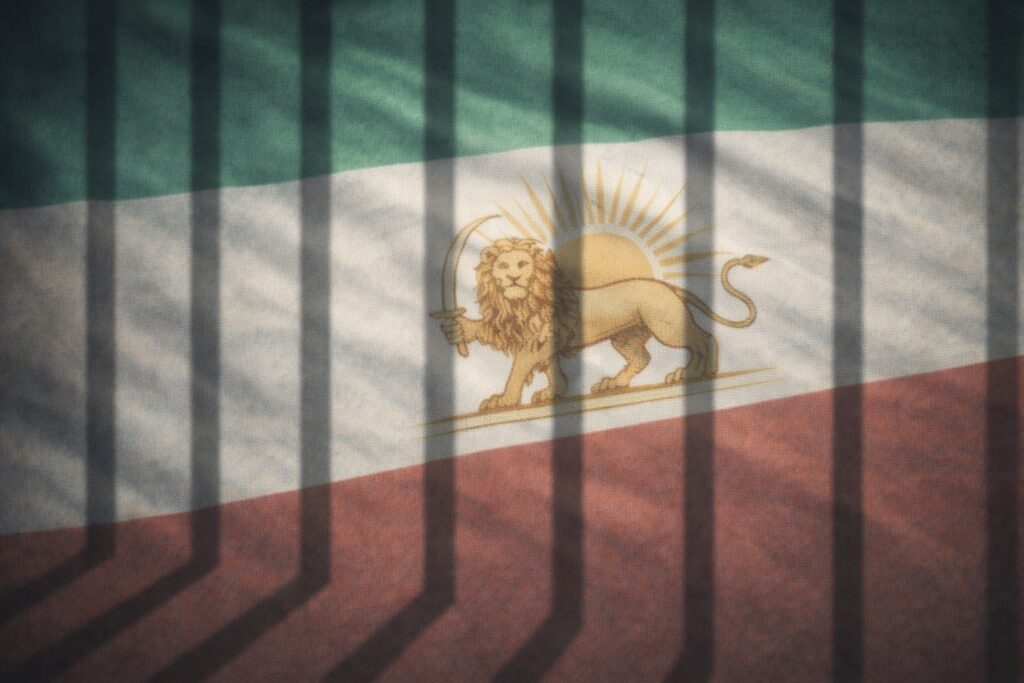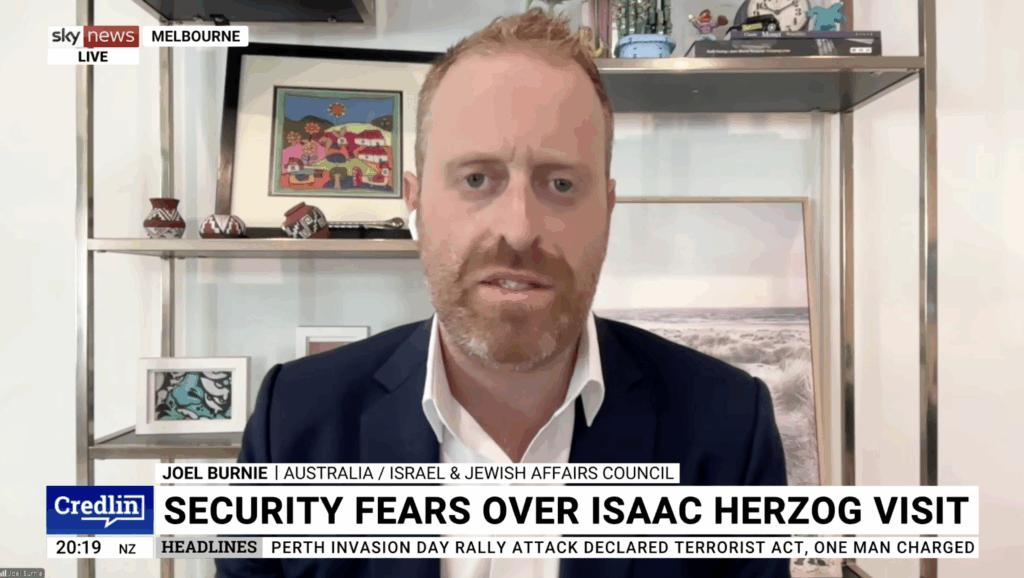UPDATES
Assad’s Email, Iran and the Palestinians
March 16, 2012 | Ahron Shapiro

As has been widely reported in the Australian press today, on Wednesday the Guardian went public with a trove of messages that they had obtained which purportedly had been mined out of Syrian President Bashar Assad’s personal email account.
One of the more damaging leaked emails was from Hadeel al-Ali, an adviser to Assad. As the Guardian and most of the coverage highlighted, his message revealed that Iran had advised Assad on ways to deflect criticism for his bloody crackdown on anti-government protesters, which has taken the lives of thousands of Syrians over the past year.
What was less widely reported was that, as a key strategy, the Iranians told the Alawite Assad to shore up his image among the country’s majority Sunni Muslim population by fashioning himself as an uncompromising opponent of concessions to Israel and as a defender of Jerusalem.
Suggestions for the president’s speech
After consultations with a good number of people, in addition to the media and the political attache to the Iranian ambassador, I have gathered some points that I think it is important should be mentioned in the speech:
ISLAM
Since the majority of our people are from the Sunni sect and are also religious, I would suggest that the speech must carry an Islamic identity, since much of the opposition raise the flag of Islam it is therefore necessary for the president to snatch this identity from them, but in his own way, by using verses from the Holy Qur’an in the speech.
Confirming that the Islam of the Syrian people is the true Islam by connecting Islam with Syria’s principles,
1. Resistance
2. Hostility to Israel, the first enemy of the Muslims,
3. Protection of Palestinian people’s rights (real prayers should be in the direction of Jerusalem)
Maybe here the president can reiterate his stance by condemning forcefully the recent Israeli practices and policies to Judaise Al-Quds (Jerusalem).
The president could also embarrass his opponents who are raising the Islamic flag (what sort of Islam are they referring to while they daily make concessions to the first enemy of Muslims, and turn a blind eye to their practices?)
A comparison must be made between our stance defending the Islamic holy sites in Palestine and calling for the unification of the Palestinian territories and the stance of those who claim to have Islamic grounds but reassure Israel that they would recognise Israel and commit to signed treaties, once they come to power.
Shortly after the Guardian broke the story, Ha’aretz ran a more focused story examining the leaked Assad emails of greatest interest to the Israeli strategic perspective, especially concerning Syrian-Iranian collusion.
At the same time, analysts – even some in the Arab press – are beginning to process the significance of Iran’s strategic hand guiding the Gazan missile attacks on Israel over the past week, and tying this violence to possible efforts to distract from the violence in Syria, or shore up the regime there.
On Wednesday, Tariq Alhomayed, editor in chief of the influential London-based newspaper Asharq Al-Awsat, lashed out at Hamas and its allies for escalating violence with Israel at this time.
In his Op-Ed, entitled “Gaza’s blood traders fighting Assad’s battle?“, Alhomayed saw little motive for Gaza’s “meaningless and reward-less battle with Israel” except as a diversion to take the pressure off of Assad.
“It is saddening that whilst Hezbollah and Iran support Assad in suppressing the innocent Syrian people with money, equipment and men, Hamas and its allies were attempting to set fire to Gaza solely in order to rescue the Assad regime, whose collapse is inevitable.”
Alhomayed concludes:
“It is clear that the traders of Gaza, the traders of Palestinian blood, were attempting to fight Assad’s battle, whose own regime has killed Palestinians, whilst Hezbollah and Iran are busy supporting Assad in crushing the Syrian revolution.”
Meanwhile, American Middle East analyst Dr. Jonathan Schanzer from the Foundation for Defence of Democracies, in a post on Foreign Policy‘s website, interpreted the Gazan rocket attacks as a direct challenge to the authority of Hamas by Iran’s new preferred proxies in the Strip, the Popular Resistance Committes (PRC) and the Palestinian Islamic Jihad (PIJ).
“While Hamas has not ruptured its relations with Tehran in the same manner that it abandoned Damascus, Iranian leaders are clearly irked that the Palestinian faction has refused to stand by Assad, a key strategic figure for Tehran in the region.
Whereas Iran once respected Hamas’s wishes and helped maintain a modicum of calm inside Gaza, the gloves are now off. Iran is using its smaller and less-expensive proxies, the PRC and PIJ, to create unrest on Hamas’s turf.”
In Schanzer’s view, by escalating violence from Gaza, Iran is attempting to create a diversion away from its nuclear program as well as drive up oil prices, while also sending a gesture of displeasure to Hamas for its decision to abandon Assad.
Ahron Shapiro
Tags: Documents





